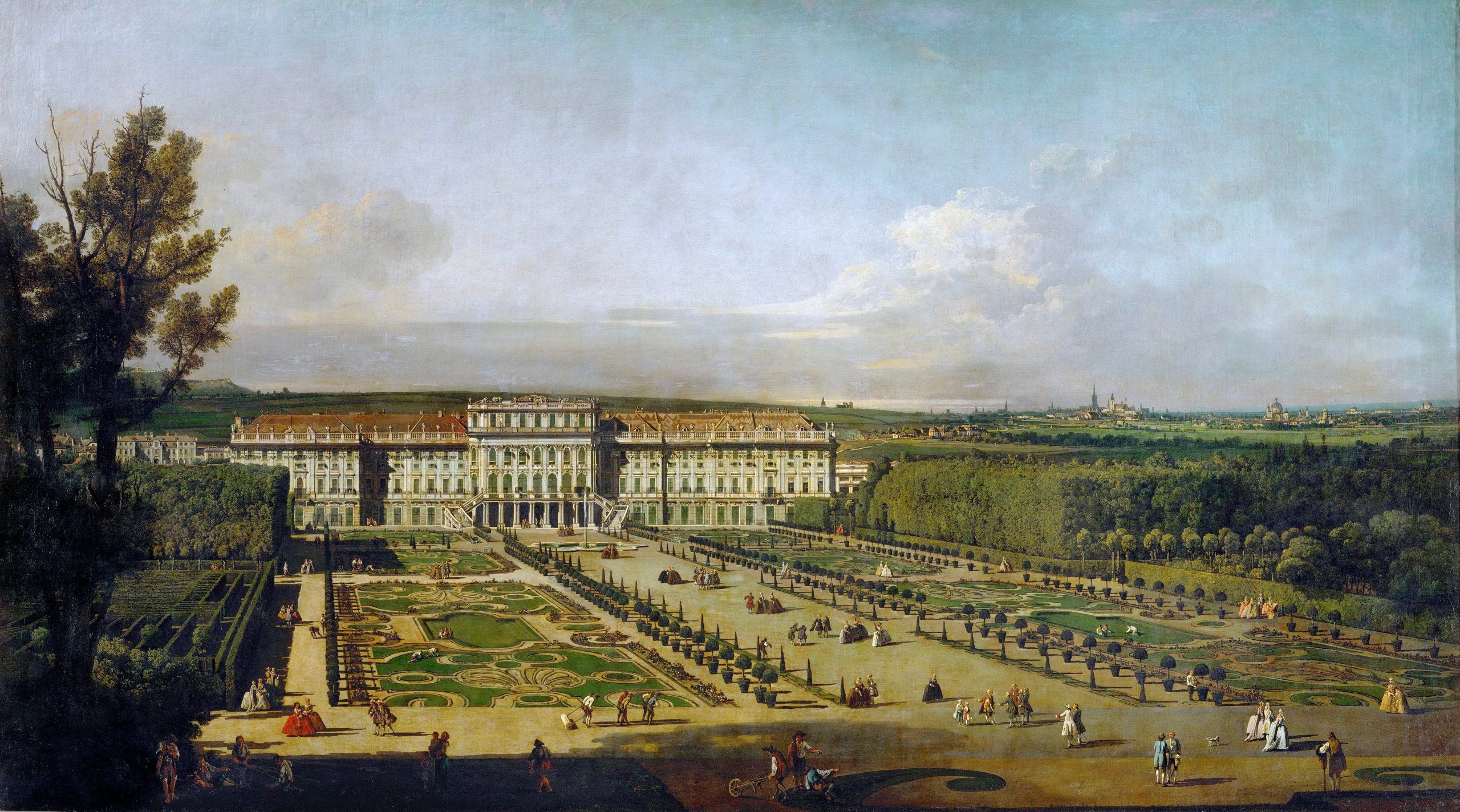
It’s weirdly funny to see a year mentioned in the title of “Art College 1994,” an animated Chinese college dorm rom-com about young people and their greatest loves, themselves. You could easily imagine this feature-length cartoon taking place in another time or place without losing much of either its specificity or universality. Swap out a Nirvana poster or a multi-tiered tape-deck stereo, and you’ll still have an unsentimental and quietly unsparing portrait of idealistic undergrads at a pivotal moment when they start to realize how small they are in the world that awaits them after graduation.
Director/co-writer Liu Jian’s affection for his impulsive young characters adds a welcome variation to the usual pre-graduation coming-of-age story’s concerns for life after college. It’s funny because it’s true, and not only to its young subjects’ inconstant values. These art students, like most art students, take themselves too seriously and also live in a beautiful oasis that fosters tendencies that, to anyone else, must seem indulgent. “Art College 1994” is unassumingly sweet because it’s about young people and their eternal quest for freedom and self-expression, mostly inside their own navels.
“Art College 1994” is a time capsule about that shimmering moment in time when you think you know exactly what you’re talking about without knowing much at all. Liu (“Have a Nice Day”) shows an unusual patience and fascination with his characters, whose overlapping stories tend to meander more than they progress. There’s some intrigue about who will go where after school and who’s dating whom, making fair weather partners out of musical students Hao Lili (Zhuo Dongyu) and Gao Hong (Papi) and fine arts majors Zhifei (Shaoxing) and Xiaojun (Dong Zijian). There’s also a frequently rotated cast of supporting characters who receive and project their own ideas back at these four core main protagonists.
Liu focuses more on his characters’ academic setting since his blinkered twenty-somethings only think they know what they want and only on their own vaguely personal terms. Jokes about the art world and its young, impressionable supporters abound. Some are more amusing than laugh-aloud funny, though even that makes sense since most people in this movie don’t seem to have an outdoor voice.
A museum curator’s “manifesto” is greeted with shrugs—“I know every word here, but I don’t understand a thing.” A bemused student teases a well-traveled artist from Taiwan (renowned filmmaker Jia Zhangke) with a quasi-Daoist question—“Is the moon more beautiful abroad?”—and is instantly shut down by an embarrassed administrator: “Please don’t bring up things unrelated to today’s topic.” Art is burned for freedom and portfolios’ sake, and love matches are pursued and rescinded with startling regularity. Also, really, you’re engaged to him—you, so soon??
“Art College 1994” doesn’t build momentum so much as it floats along with its characters, fixating on contextualizing details on both the movie’s depopulated sound design and mostly music-light score. The ambient noises you hear on the soundtrack tend to stand out given the “social realist” design that’s become central to Liu’s now-signature visual style. Human characters move haltingly across ostentatiously designed background screens full of eye-catching ornamental details. It’s not naturalistic but rather stylized in a mannered way that feels true to this kind of story’s nature as a snapshot of students who drink too much, philosophize more than they understand, and prop up their choices with quotes from Fyodor Dostoevsky, James Joyce, and Pablo Picasso. They think about “traditional art” and how to make new art, either by combining old media or maybe burning it all to the ground (“I’ve already come up with a title [for an exhibition]. ‘Flame of Ideas!’”).
The bitter edge to “Art College 1994”’s humor is also undercut significantly by its matter-of-fact poetry and arthouse-friendly toggling back-and-forth between impressionistic details. Look at this ceiling’s rafters, then join Yingjun in bed as he stares up at nothing. The movie’s music cuts short mid-space out. Soon, we’ll join Yinjun again as he trudges around campus at night, hands in his pockets, headphones on, and a melody of crickets on the soundtrack. Then it’s off to the Casablanca Club and its marquee’s flickering purple and green flickering halogen bulbs, which crackle on the soundtrack like a bug zapper.
“Art College 1994” isn’t really nostalgic because it vividly depicts what it’s like to be young and only responsible for yourself, with no frame reference but your own narrow, constantly fussed-over headspace. It’s a rare coming-of-age story that acknowledges that, yes, life was beautiful when you were younger and more passionate about your future, if only because of a confluence of timing and circumstances that happen to involve you, and not often as a main subject.




